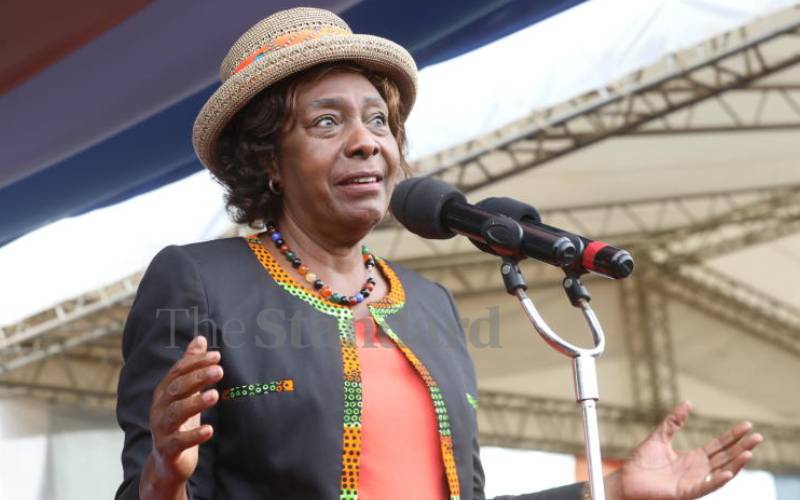×
The Standard e-Paper
Fearless, Trusted News

Kitui Governor Charity Ngilu. She believes Kalonzo Musyoka will suffer if he doesn’t join Azimio movement. [George Njunge, Standard]
Kitui Governor Charity Ngilu strongly believes that former Vice President Kalonzo Musyoka should join Azimio la Umoja because the people of Ukambani want to be in the next government.